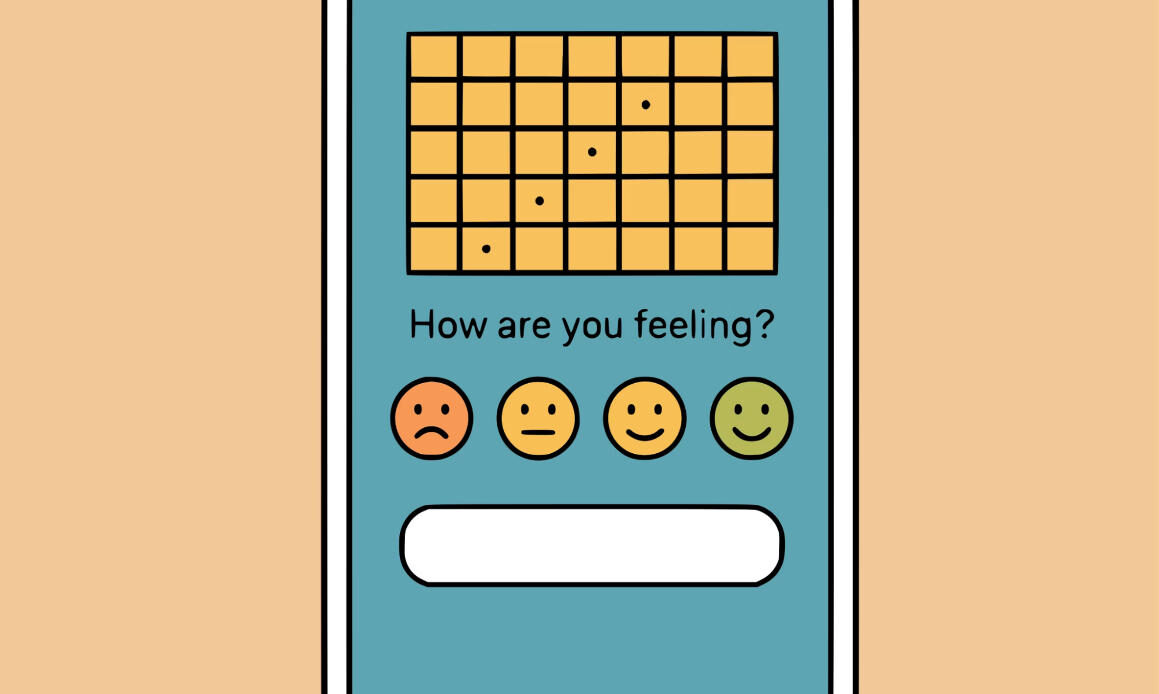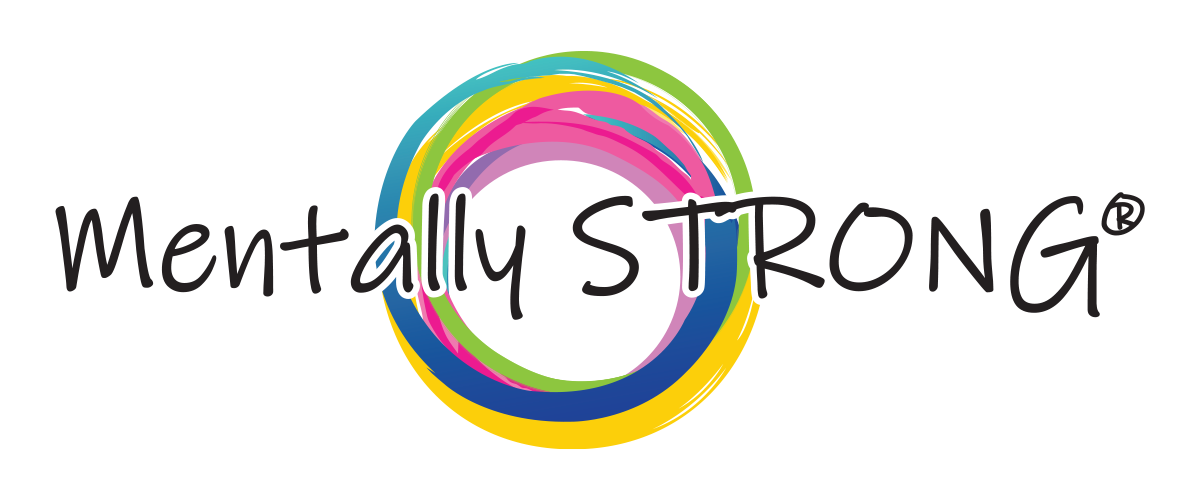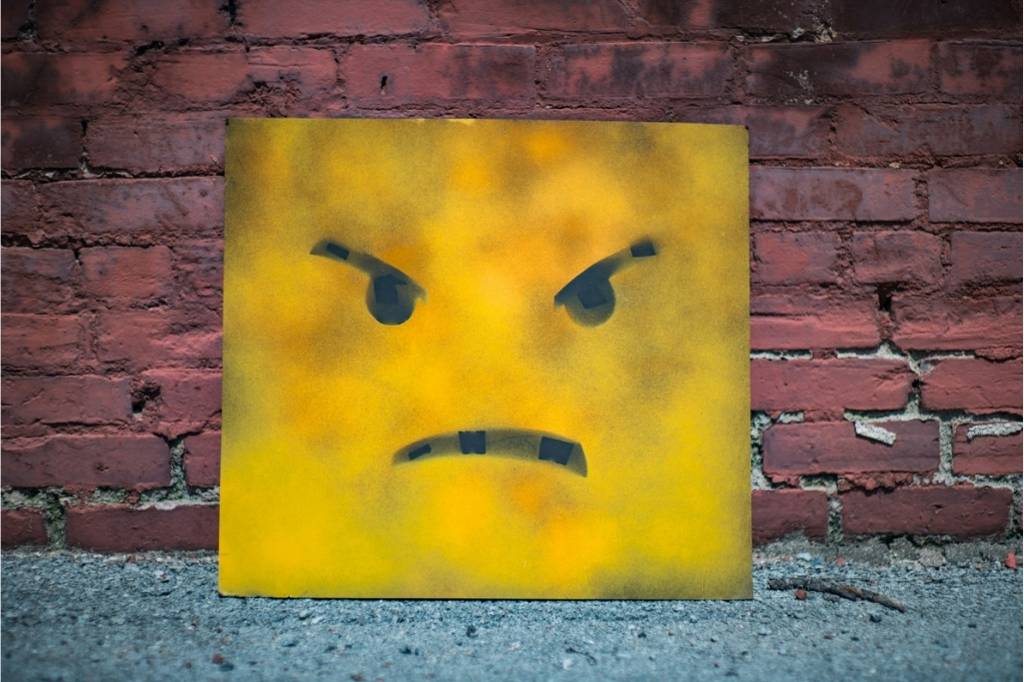Have you ever hoped for something, only for it to not turn out how you wanted it to? Or are you one of the unlucky folks who have faced disappointment so many times now that you’ve stopped hoping altogether, in one last ditch effort to protect your heart?
Listen, I get it.
Disappointment is like emotional whiplash, you don’t see it coming, but suddenly you’re emotionally sprawled out, trying to remember what just hit you.
A job offer that ghosted, a friend who didn’t show up when it mattered, a plan that fell apart after you already let yourself get excited.
It stings because you expect a different outcome, perhaps something that would change the very fabric of your life. And when it doesn’t happen, it hurts.
Ask anyone who’s lived long enough to face constant disappointment; it can shape how you see yourself. Over time, it can chip away at your trust — in people, situations, and even in your own instincts.
You start to think, “Was I expecting too much?” or worse, “What’s wrong with me for caring this much?”
So let’s talk about how to feel the weight of disappointment without letting it flatten you, how to be heartbroken without becoming hardened, and how to stay open, while protecting your heart.
Why disappointment hits so hard—and what it says about us
Do you know why dealing with disappointment is so hard? Because we’re rarely grieving just the moment, we’re grieving all that it represented.
The job that didn’t come through? That was supposed to be your turning point.
The friend who bailed again? That was the proof you feared: you care more than they do.
Especially for people who tend to give too much, love too fiercely in relationships, expectations become a quiet consequence of the care. They turn into rules we didn’t even know we were living by until someone breaks them. The most frustrating part is that there was little basis for the expectations to even begin with, so there’s nothing you can put the blame on.
For most of us, our biggest source of disappointment comes from other people. And people who don’t follow through on expectations don’t always do it because they had ill intentions, or because they didn’t care, or that they wanted to hurt us. Sometimes it just happens because they don’t even know what they’re expected to do, and sometimes it’s because they’re carrying their own unhealed mess.
Here comes the real gut-punch: what disappoints us most is often tied to what we value most. We expect reliability because we give it. We crave consideration because we offer it. So when it’s missing, it doesn’t just feel unfair… it feels personal.
How to deal with disappointment in a healthy way
You can’t outrun disappointment. You also can’t just slap a “positive vibes only” sticker over it and call that healing. What you can do is move through it in a way that doesn’t wreck your self-worth in the process.
1. Name the feeling, don’t judge it

The first step? Call it what it is. Not “I’m being dramatic.” Not “I shouldn’t be this upset.” Literally just say it out loud, like this: I’m disappointed. Your feelings don’t need to be justified to be valid (yes, really) and the more you minimize them, the longer they stick around pretending to be something else.
So next time you feel disappointed, just say it out loud, and notice how your body physically reacts to that.
2. Rewrite the story you’re telling yourself
The thing that made you feel disappointed? That was a one off event. But that narrative you’re building around it? That’s going to stick for a while. If each time you’re feeling let down, you start thinking, “I’m always overlooked.” “I care more than anyone else ever will.”, then those thoughts will start becoming your own personal reality.
You have the power to tell yourself a different story — one that spotlights your resilience, your power, and your journey. One where this moment hurts and it’s not the end of the world.
3. Redirect the energy instead of bottling it up
You don’t have to “get over it”, but you do have to move. Disappointment leaves behind all this leftover energy —anger, sadness, confusion— that will rot if it just sits there. So, talk it out, rage walk if you have to, scream into a pillow, angry clean your whole kitchen. But release it. Pour it out so it doesn’t clog up your heart. If you need help processing all that emotional weight, mental health goals can give you small steps that feel doable while you move through the fog.
Simple tools that help when you’re feeling let down
When you’re swimming in disappointment, your brain’s a fog machine. These simple tools won’t solve everything, but they will anchor you back to yourself.
A short journal prompt that clears emotional fog
Write this down: “What did I hope would happen, and what am I making it mean that it didn’t?”
That one question pulls the story out of your head and onto paper, so it stops spinning on loop.

A reframe that keeps you from feeling bitter
Instead of “They didn’t care,” try: “Maybe they didn’t know how.”
This doesn’t excuse anything, but it does shift the focus back to what you need, instead of what they failed to be.
One small action that reminds you you’re in control
Disappointment can often be about feeling a lack of control of your life. So take that control back; clean your car, send an email, anything that’s instantly doable.
You’ll feel unstuck, and you’ll (hopefully) have also ticked off a tiny chore from your list.
A kind reminder: Some things can’t be fixed, and that’s okay
If you go along in life expecting external situations to magically happen, you’ll only set yourself up for more disappointment. Sometimes, the closure will not come, that job offer won’t come back, your crush won’t change their mind about not wanting to go on a date with you.
You’ll be tempted to go into this loop of replaying situations and imagining ways they could have happened differently. But no matter how many angles you examine things from, there’s no version that will feel good enough. If you stay stuck in this loop, you’ll soon end up carrying a whole lot of resentment with you, too. Letting go of resentment doesn’t mean forgetting, it just means freeing yourself from the stories that keep hurting you.
Even though it feels like it, letting go is not a weakness. It’s a way to take back control, to stop making excuses for people who hurt you, to stop begging the universe to hand you back the version of life you thought you earned.
And no, you don’t have to stop hoping. You just might have to shift where you place that hope. Hope for peace. For clarity. For something softer to land on next time. You’re allowed to stop waiting for someone to fix it. You’re allowed to start choosing you, even if it feels like no one else has.
If you’re trying to figure out how to process disappointment without shutting down or blaming yourself, the Mentally Strong Method can help you name what’s really going on, organize the chaos inside, and choose how you want to respond—intentionally, not reactively.
And if the weight of it all feels like too much to carry alone, therapy is a powerful next step. You don’t have to navigate this alone. We’ve got some incredible therapy options to support you, right here when you’re ready.

